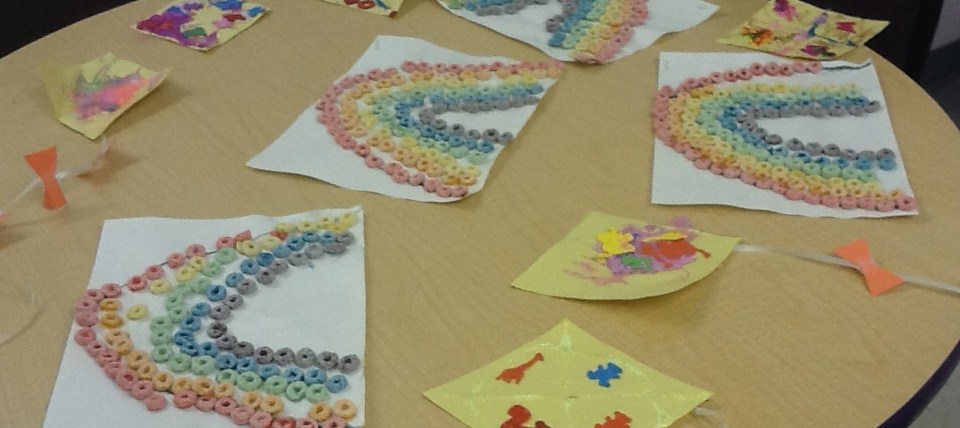Our webhost changed our URL on us, without letting us know!! You can now find our NEW BLOG at:
http://www.magnificentminds.ca/#!blog/cjom
Stop by and give us a shout out!
Yours truly,
Miss Alley

We make meaningful, holistic change, under the framework of Applied Behaviour Analysis (ABA), and a uniquely child-centered, play-based approach to education. This blog is a resource for MM parents, community members and staff; happy reading! May this blog help you find evidence-based methods, gold-standard service, and an exceptional understanding of your Magnificent Mind. www.MagnificentMinds.ca for more information on the Toronto based company.

 With a 4:1 ratio our camp, with on average 12 children on site, we find exactly the right balance for our campers. Our campers are a dynamic mix including peer mentors who participate in inclusive cabin groups alongside their peers with a variety of social-considerations from Autism to Down's Syndrome.Whether typically developing or exception, there are distinction at our camp. Everyone is here to learn, have fun, and make friends. With enough hands on deck to provide every camper with a 1:1 as needed, we ensure safety and security while providing an authentic camp experience..."Let me see you're funky chicken...
With a 4:1 ratio our camp, with on average 12 children on site, we find exactly the right balance for our campers. Our campers are a dynamic mix including peer mentors who participate in inclusive cabin groups alongside their peers with a variety of social-considerations from Autism to Down's Syndrome.Whether typically developing or exception, there are distinction at our camp. Everyone is here to learn, have fun, and make friends. With enough hands on deck to provide every camper with a 1:1 as needed, we ensure safety and security while providing an authentic camp experience..."Let me see you're funky chicken... Music is such a huge part of the camp experience; we use music to teach social skills from greetings to social rules, from echoics to intraverbals (those are verbal behaviour terms that mean increased communication). With specialty activities chosen to suit the age of the campers in the group, our campers experience the real-deal camp experience (from boondoggle to camp-wide meetings), with a few minor adjustment to meet the unique needs of children with special considerations like allergies, neurological impairment, sensitivities, behavioural, emotional or social concerns.
Music is such a huge part of the camp experience; we use music to teach social skills from greetings to social rules, from echoics to intraverbals (those are verbal behaviour terms that mean increased communication). With specialty activities chosen to suit the age of the campers in the group, our campers experience the real-deal camp experience (from boondoggle to camp-wide meetings), with a few minor adjustment to meet the unique needs of children with special considerations like allergies, neurological impairment, sensitivities, behavioural, emotional or social concerns. Having a quiet place to take a break is so important for kids with social challenges. Socialization is hard-work even for the extroverted, so for introverted kids, a calm space to recharge is essential. In each class we have a tent like this one, and/or other options for relaxing quietly in your own space; we have pillow-reading areas, huge floor pillows to curl up on, or quiet sensory games to play on the floor like digging in corn flour, sandboxes, or bean buckets. Especially in the summer, when the schedule is go-go-go and transitions are every 30 minutest, we need to make sure that our campers have enough down time, and enough time to recharge so that they are at their best when it comes time for activities. We love to take a break from the fluorescent lights by switching to a black-light-only atmosphere or soaking up the sun on our fantastic property.
Having a quiet place to take a break is so important for kids with social challenges. Socialization is hard-work even for the extroverted, so for introverted kids, a calm space to recharge is essential. In each class we have a tent like this one, and/or other options for relaxing quietly in your own space; we have pillow-reading areas, huge floor pillows to curl up on, or quiet sensory games to play on the floor like digging in corn flour, sandboxes, or bean buckets. Especially in the summer, when the schedule is go-go-go and transitions are every 30 minutest, we need to make sure that our campers have enough down time, and enough time to recharge so that they are at their best when it comes time for activities. We love to take a break from the fluorescent lights by switching to a black-light-only atmosphere or soaking up the sun on our fantastic property.